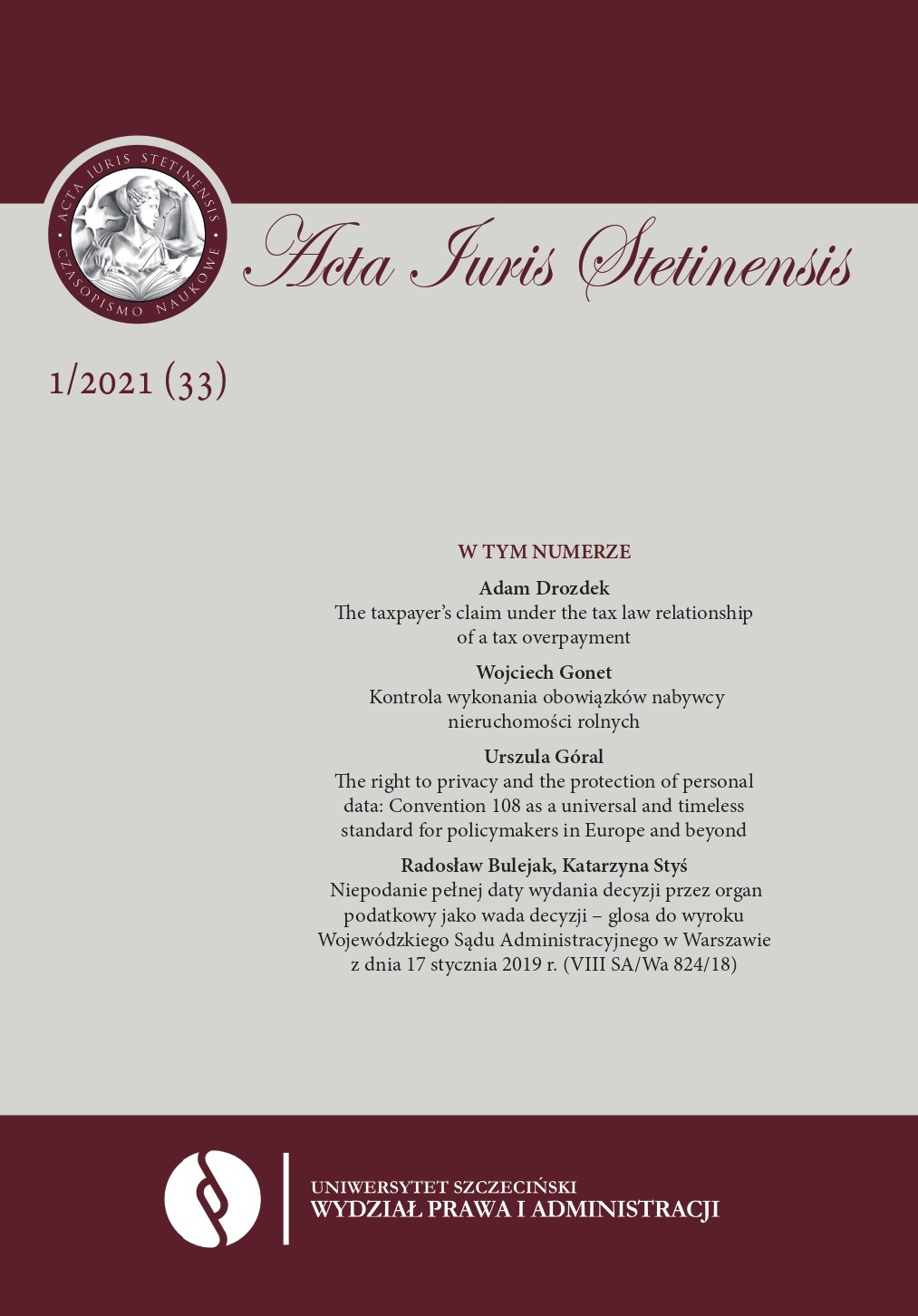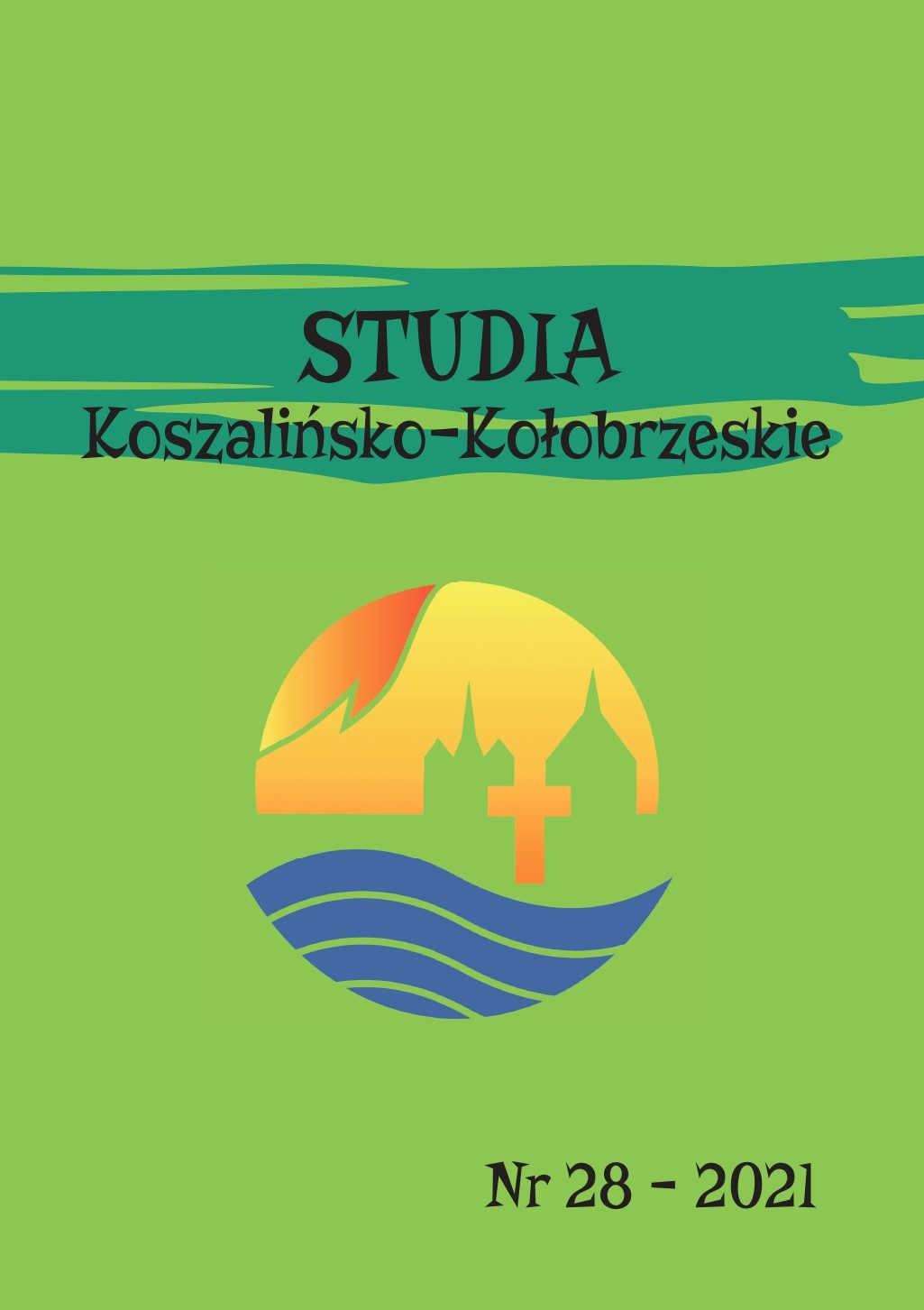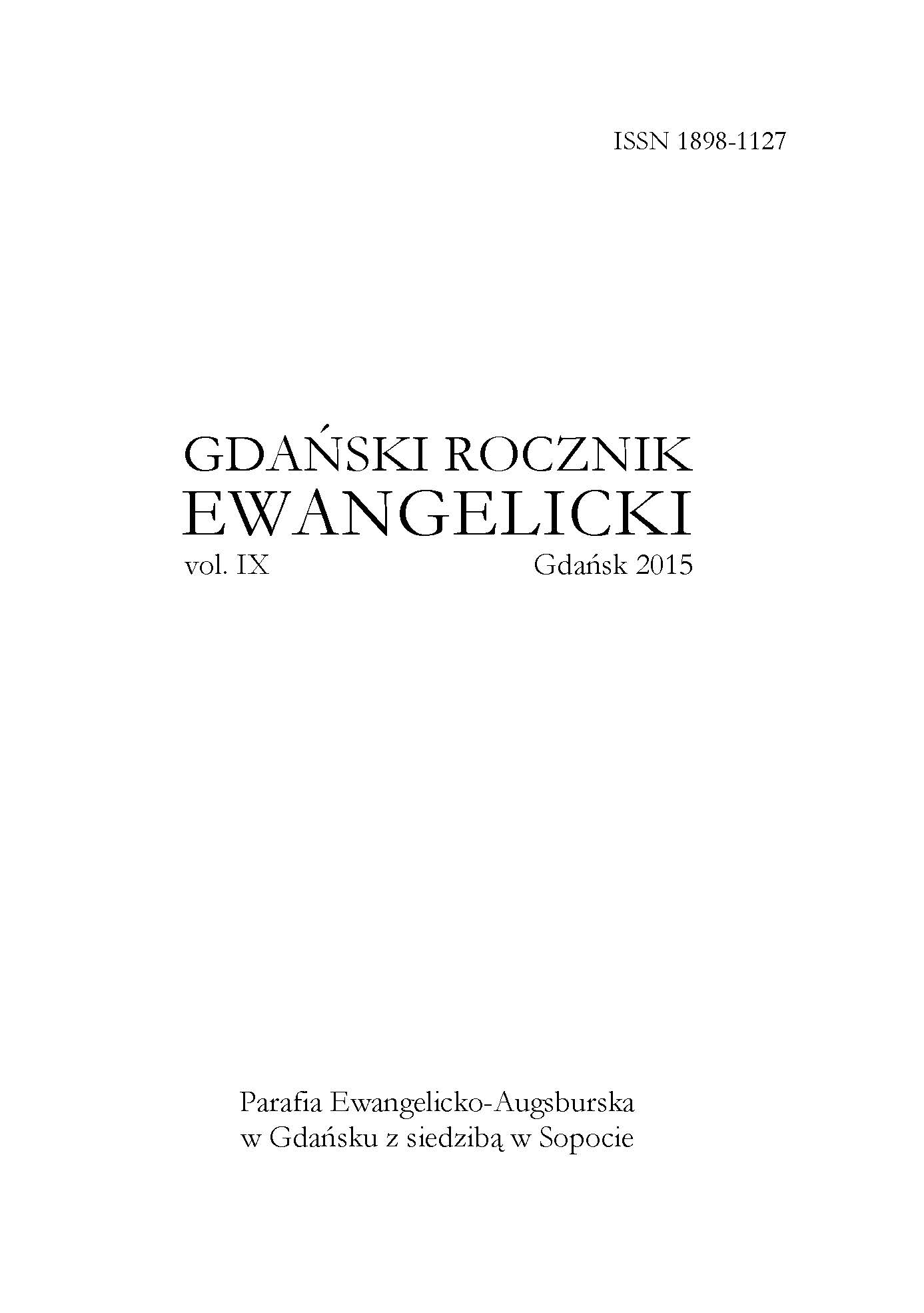
We kindly inform you that, as long as the subject affiliation of our 300.000+ articles is in progress, you might get unsufficient or no results on your third level or second level search. In this case, please broaden your search criteria.

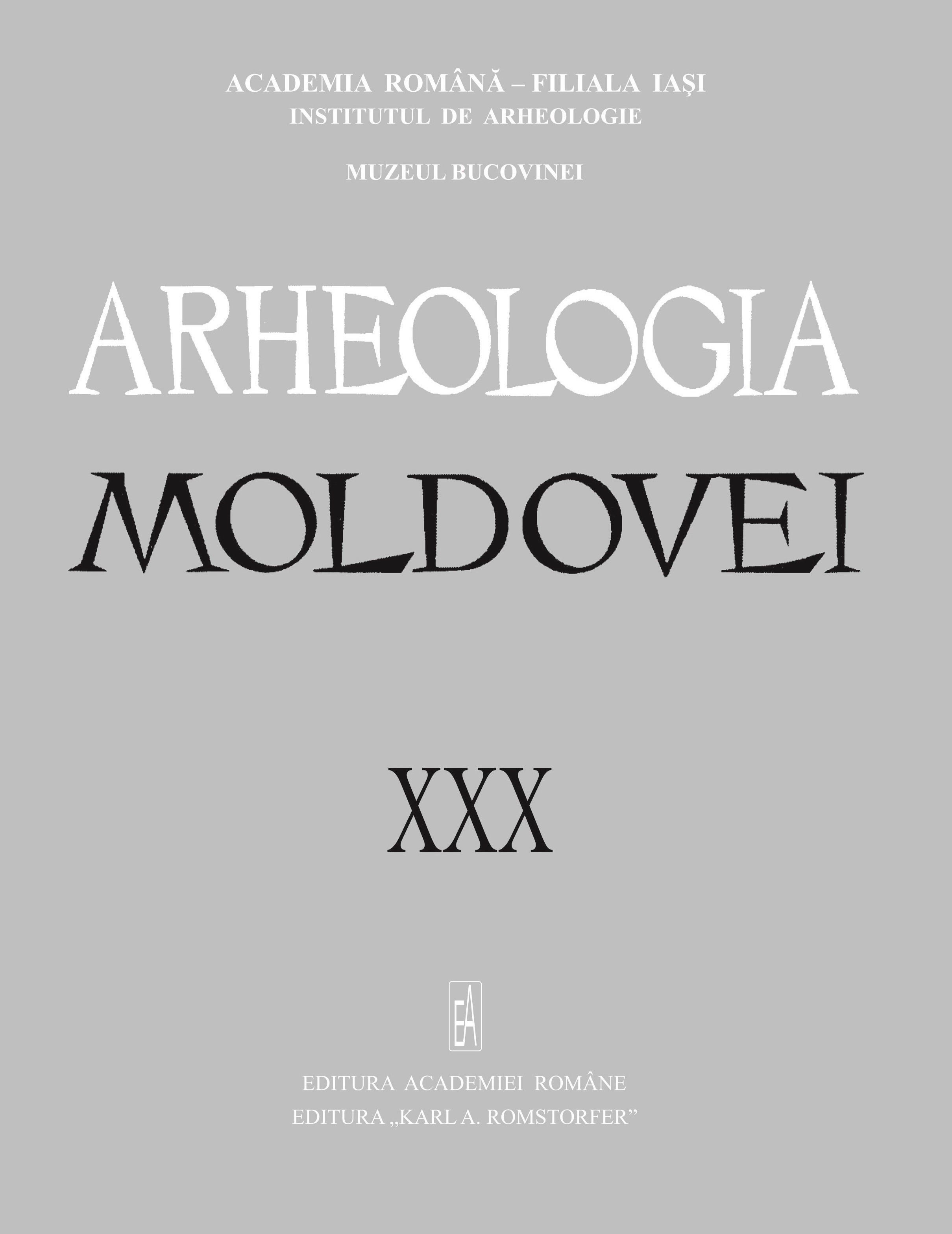
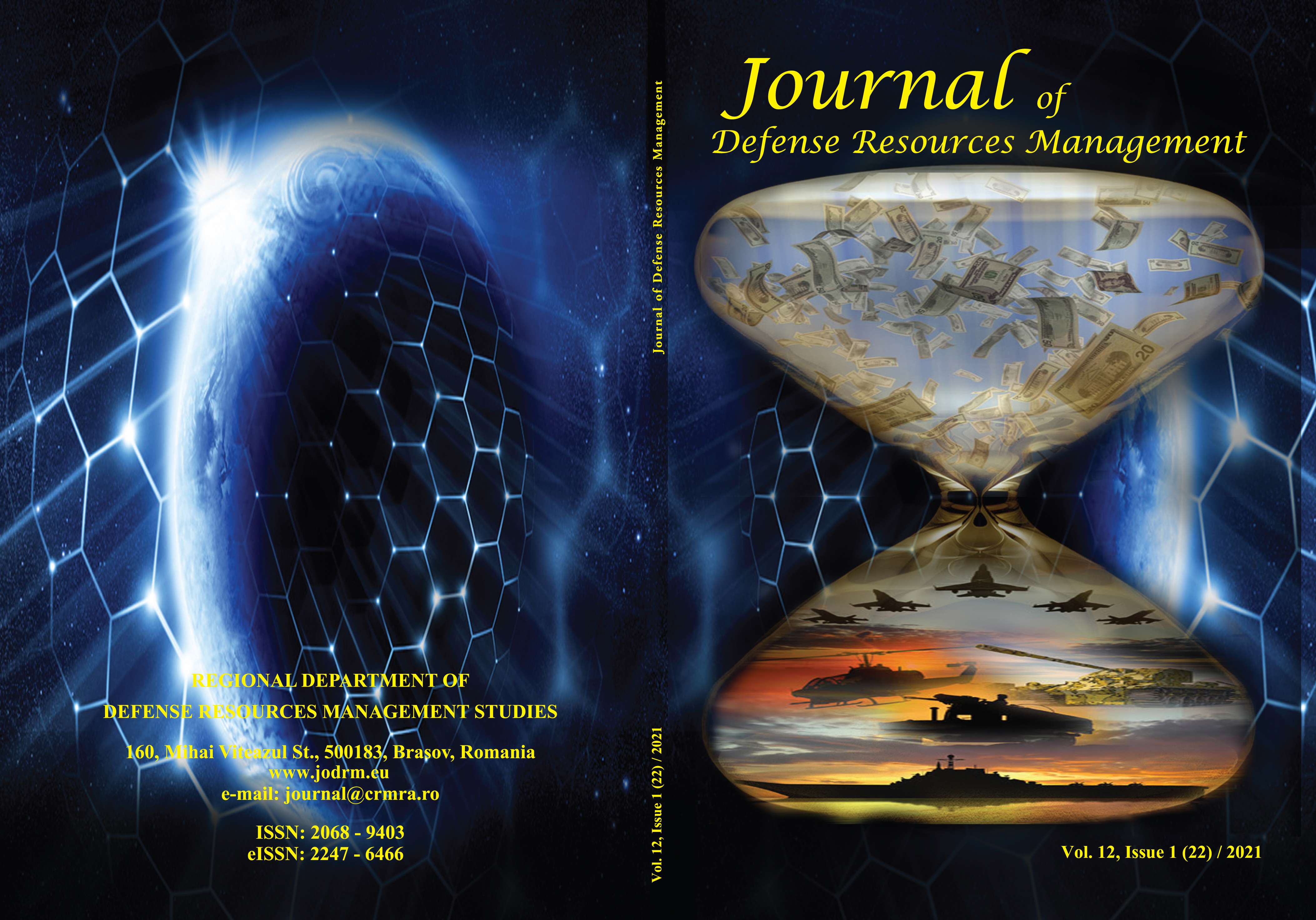
In the context of the COVID-19 pandemic, the identification and evaluation of the factors that affect the motivation, attitude and satisfaction of employees working as medical, health or auxiliary staff in health organizations, directly involved in the fight against the pandemic, was a desideratum of this scientific research. The results obtained maintained the conclusions formulated in previous research, the research model developed by the author, in order to facilitate the transformation of human resources management (HRM) in health organizations, proving its reliability in the current pandemic context, with a positive impact, in public health and in terms of national security.
More...
Turkish Defense Industry is the locomotive of the national technology move. However, there is a need to develop strategies in line with the national strategic objectives to increase the contribution of the defense industry to the national competitive edge. The ever-changing environmental and technological conditions and advances in the understanding of defense and security make it necessary to update vision for the defense industry. Porter’s diamond model has become a generally accepted and frequently used model in terms of providing a more systematic and disciplined perspective in the context of competition strategies, promoting the creation of a value chain on a sectoral basis and supporting national competitiveness. Towards this end, the aim of this study is to analyze Turkey’s defense industry’s competitiveness by means of Porter’s diamond model and present a future perspective. The reports of the Defense Industry Presidency and the Defense Industry Association have been systematically examined and analyzed.
More...
The question regarding the extent to which foreign policy influences regionalism is subject to debate. This issue is still emotive, fluid, speculative and anchored on conjecture. The study assessed geopolitical factors influencing Kenya and Tanzania foreign policy behaviour since 1967. The study was guided by Two-Good theory, Neoclassical Realism and Neo-functionalism theories. Historical, cross-cultural and descriptive research designs were used. The study area was Kenya and Tanzania and the population was citizens of the two states with the target population being cross border business community, government officials in Ministries of EAC and Foreign Affairs, and EAC organisms - the Secretariat and Legislative Assembly on which purposive sampling was used. A sample size of 384 respondents was created from the total population using the Gomm (2008) formula. The study utilized both primary and secondary data. Instruments of data collection were: questionnaires, interviews and focus group discussions.
More...
The Middle East and North Africa (MENA) region is composed of countries with a shared heritage that are at various stages of economic growth and are home to extremely diverse natural resources. There have been military or civil wars in the majority of the countries in the region. There were wars that caused extreme human misery, economic displacement, and many developments opportunities were lost by the nations of the region. Therefore, a substantial proportion of national budgets is used for military expenditure. In addition, for the economy, military investments produce both costs and profits. This study investigated the correlation between military expenditures and growth in MENA Countries by applying panel data over the span of 2009-2019. As a result, we found a positive and significant impact of military expenditure on economic growth.
More...
The Indonesian nation is currently continuing to develop the strength of the Indonesian Navy’s submarine fleet to increase the deterrence of the national defense system and to ensure the security and safety of shipping in strategic maritime routes. The Indonesian Navy submarine is capable of supervising ships sailing or entering and leaving Indonesian waters freely and without being detected by the sonar of warships and submarines of other countries. The limited operational time of the submarine can be caused by several things, both related to the characteristics of the submarine related to the technology used, and the availability of logistics and supporting infrastructure for the submarine’s operations. The Submarine can not continuously dive during its operation to secure and enforce the sovereignty of the Indonesian national jurisdiction. The focus of research is on the determinant influence of infrastructure on submarine operational durability to increase the deterrence of the state defense system at sea. This research uses a qualitative analysis method with the development of thinking through interviews, Focus Group Discussions(FGD), Round Table Discussions (RTD), and semi-structured interviews to obtain data about submarine operational durability.
More...
Organizational conflict is not based on personal values; it occurs due to dynamic changes within the structure of the organization. When these dynamics are neglected, they generate conflict within the organization. Any organization reunites groups of individuals with different personalities, job outlooks, education, systems of values and different behaviours. The maintenance of perfect harmony is hard to be achieved, conflicts being inevitable.
More...
This article deals with the pedagogical conditions that ensure the effectiveness of the formation of communicative competence among future officers in the higher education system. They are professional activities by both cadets and teachers; modelling of communicative situations in the learning process, ensuring the free entry of cadets into the communication process; introduction into the educational process of a special course (elective) “Communicative competence in the professional activity of an officer”; an individual and differentiated approach to cadets in the process of developing their communication skills.
More...
The great challenges of the third millennium are not limited to globalization (or, according to some people, the forced promotion of globalization worldwide by the world’s great powers), the fight against international terrorism or the continuous implementation of state-of-the-art technologies. They culminate in the concept of “Industry 4.0[1], the fourth industrial revolution, represented by the digitization of all aspects of social life. New elements, totally unknown until recently and especially unpredictable such as economic recession, destabilization of the eurozone, political populism, intensification of cyberattacks of Russia or China, the failure of the Trump administration etc. required changes in the current environment. Through the rapid and categorical way of imposition, two of them stand out as cataclysms of social life, as it was perceived at the beginning of the millennium, completely transforming the reality of civilization on the old continent. Thus, the refugee crisis and the COVID-19 pandemic crisis have changed human existence in all its complexity, redefining, among other things, the daily way we make our living through work.
More...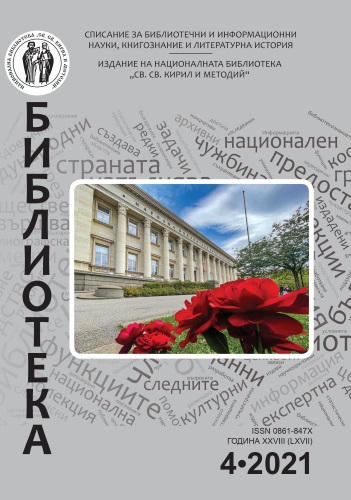
Interview with the poetess Aksinia Mihailova is presented. It is a confession about poetry, creativity, the perception of her works in Bulgaria and abroad.
More...
The current bibliography of Nayden Gerov (1823–1900) offers the first complete presentation of the cultural and historical heritage of one of the most prominent educators (philologist, poet, translator, lexicographer, folklorist, diplomat, teacher, director, author of textbooks) of the Bulgarian Revival. The study consists of two parts – 1) books and separate publications by the creator of the first of its kind in our country five-volume “Dictionary of the Bulgarian language” (1895–1904), and 2) books and scientific and literary-historical articles in periodicals and non-periodicals, collections for the Revival author. The bibliography provides an opportunity to evaluate the multifaceted and large-scale work of N. Gerov in the history of Bulgarian science and culture.
More...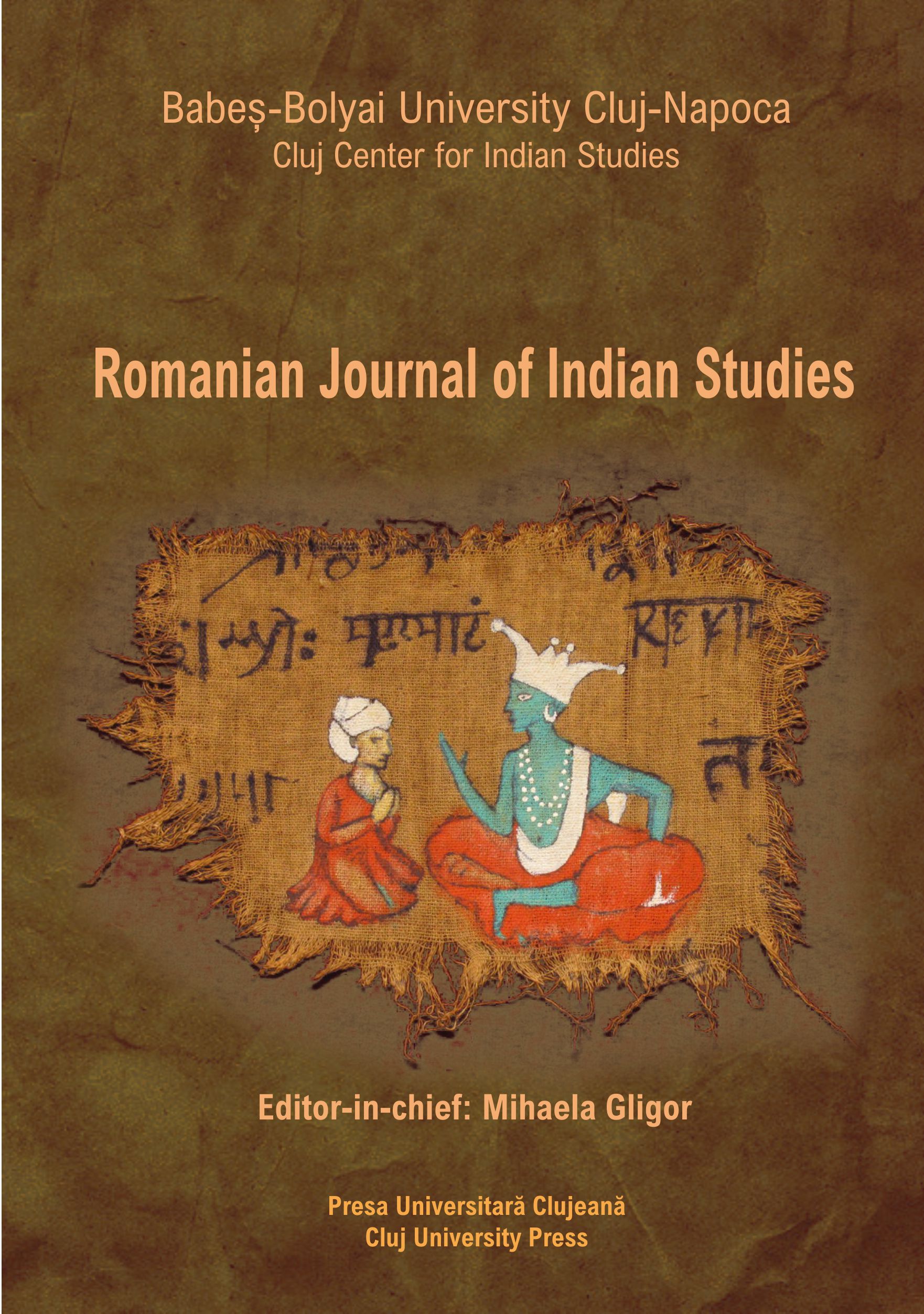
Kerala is a melting pot of cultures and religious influences which translates into a melting pot of cuisines as well. The food trail is extensive. In the past, spice trade brought many communities to the shores of Malabar Coast because pepper was regarded as an asset even more valuable than gold. It was actually called “the black gold.”
More...